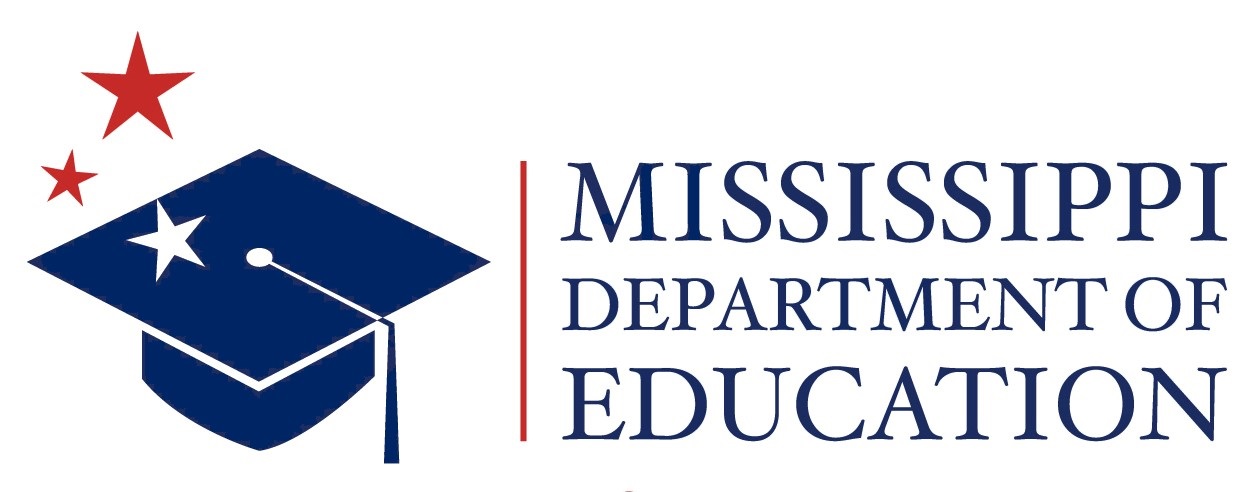County Provider List
Income Eligibility Guidelines
December 14, 2015
JACKSON, Miss. – The Mississippi Department of Education announces the U.S. Department of Agriculture (USDA) income guidelines for free and reduced price meals served under the Child and Adult Care Food Program, At-Risk After School Meals Program and Food Distribution Program. Families with children or adults in facilities that operate these programs are encouraged to complete a meal application for their children or adult family members to apply for benefits.
Applications and instructions for applying for meal benefits are sent home with each student during registration or on the first day of attendance. To apply for the meal benefits, each household should fill out the application and return it to the school, center or sponsor. Additional copies of the application are available at the administrative office of each facility.
Adults who are enrolled in an organized Adult Day Care Center who participate in the Child and Adult Care Food Program are also encouraged to complete a meal application. If an adult participant receives SSI, SNAP (Supplemental Nutrition Assistance Program), or Medicaid, the participant is automatically eligible to receive free meal benefits.
After school snack programs can operate in area eligible sites. All children attending programs participating in the At-Risk-After School Meals Program in area eligible sites will receive free snacks.
For the school/center officials to determine eligibility, the household must report income information or provide a SNAP or TANF (Temporary Assistance to Needy Families) or FDPIR (Food Distribution Program on Indian Reservations) case number. If the child receives TANF payments or is a member of a SNAP household, or a member of a FDPIR household, the parent or guardian has to provide only the name of the child, SNAP or TANF or FDPIR case number, and sign the application. Children who are TANF recipients, SNAP or FDPIR households, or Head Start participants are automatically eligible to receive free meal benefits.
Meals are available at no separate charge for emergency shelters, at-risk afterschool care centers, and sponsoring organizations of emergency shelters, at-risk afterschool care centers, or day care homes, adult day care and by other institutions that elect not to charge separately for meals. For child care institutions that charge separately for meals, meals are available free or at a reduced price to children meeting the approved eligibility criteria.
Other applicants must report household income identified by source, such as earnings, welfare and alimony received by each household member. In order for income applicants to be approved, the household must provide the following on the application: the names of all household members; each household member’s monthly income identified by source; the signature of an adult household member certifying that the information provided is correct; and the last four digits of the social security number of an adult who signs the application or an indication that this adult household member does not have a social security number. The information provided by the household is confidential and will be used only for purposes of determining eligibility and verifying data. The information provided may be verified at any time during the year by the school/center or program officials.
Households are no longer required to report increases in household income of over $50 per month or $600 per year and decreases in household size. If a household member becomes unemployed or if the household size increases, the household should contact the school/center/sponsor. Such changes may make the children of the household eligible for reduced price or free meals. Households may apply for benefits at any time during the year as circumstances change.
Children from households whose income is at or below the levels outlined in federal guidelines are eligible for free or reduced price meals. In certain cases, foster children are also eligible for meal benefits. If a household has foster children living with them and wish to apply for meal benefits for them, the household should contact the school/center/sponsor for more information.
Each school/center/sponsor has a copy of the approved free and reduced meal policy. The policy indicates who is responsible for determining eligibility. The determining official in most instances is the principal, the food service administrator, or the center director. Each school/school district/center has an individual named as the hearing official. Parents or guardians dissatisfied with the ruling of the determining official may wish to discuss the decision with the determining official on an informal basis. Parents wishing to make a formal appeal may make a request either orally or in writing to the hearing official. The school/center office or the superintendent’s office can provide you with the name, address, and phone number of the hearing official.
The U.S. Department of Agriculture (USDA) prohibits discrimination against its customers, employees, and applicants for employment on the bases of race, color, national origin, age, disability, sex, gender identity, religion, reprisal, and where applicable, political beliefs, marital status, familial or parental status, sexual orientation, or if all or part of an individual’s income is derived from any public assistance program, or protected genetic information in employment or in any program or activity conducted or funded by the Department.
If you wish to file a complaint of discrimination, complete the USDA Program Discrimination Complaint Form, found online at http://www.ascr.usda.gov/complaint_filing_cust.html or at any USDA office, or call 1-866-632-9992 to request the form. You may also write a letter containing all of the information requested in the form. Send your completed complaint form or letter by mail to the U.S. Department of Agriculture, Director, Office of Adjudication, 1400 Independence Avenue, S.W., Washington, D.C. 20250-9410, by fax to 202-690-7442 or email to program.intake@usda.gov.
Individuals who are deaf, hard of hearing or have speech disabilities may contact USDA through the Federal Relay Service at 1-800-877-8339; or 1-800-845-6136 (in Spanish). USDA is an equal opportunity provider and employer.
Media Contact:
Patrice Guilfoyle, APR
Director of Communications
601-359-3706
Jean Cook, APR
Communications Specialist
601-359-3519



